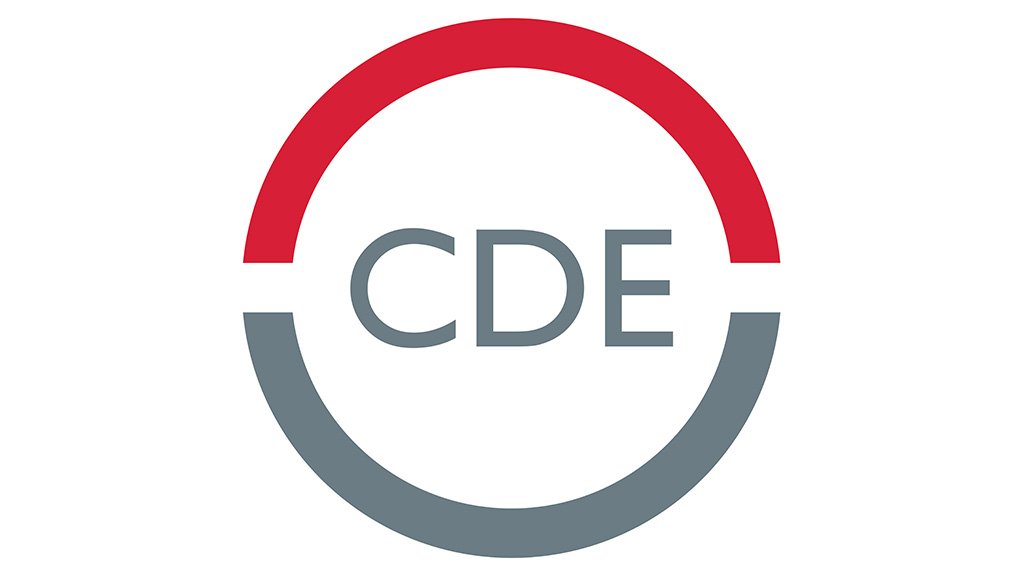The system is full of holes and in desperate need of an overhaul.
In his article, “SA education is not the worst in the world” (July 28), Prof Nic Spaull correctly commends the department of basic education for participating in international benchmarking tests in mathematics, science and reading. He is right that this data is crucial for understanding how well our education system is performing.
Spaull then takes issue with the Centre for Development and Enterprise (CDE) for allegedly concluding that SA’s education system is the “worst in the world”.
However, the CDE never claimed SA performed worst in the world on these tests. In our series of reports, “The Silent Crisis: Time to fix SA’s schools”, released in March 2023, we said — quite accurately — that “we are either last or in the bottom three countries” that participated in the tests.
CDE’s main claim that SA has “one of the worst-performing education systems in the world”, derives not from our ranking in international tests, but rather from an analysis of World Bank data that reveals that we are the single-biggest learning underperformer relative to GDP per capita among low- and middle-income countries.
In other words, our education results are the worst of all developing countries given how high our GDP is and how much of it we spend on education. To illustrate: our spending commitments are equivalent to some high-performing Scandinavian countries, but our learning outcomes are worse than neighbouring Eswatini’s.
The CDE also compared how much SA spends per year on average for every primary school learner, adjusted for purchasing power, with a set of similar or poorer countries in Africa and middle-income countries in Latin America.
This analysis reveals that Ecuador, Peru, Eswatini and Botswana all spend less than SA per student, yet they achieve higher outcomes. Kenya spends a seventh of SA’s basic education outlay yet achieves better learning outcomes.
In short, our education spending is uniquely inefficient. We get far too little “bang for our buck”, which demonstrates to us that something is fundamentally wrong with how our schooling system functions.
It also means, as University of Stellenbosch researchers Joel Gondwe and Gabrielle Wills state, SA’s “education systems can do better with what they have and given the poverty levels of the children they serve”.
All of the above leads us to argue that the priority for SA has to be systemwide reform. Prof Lant Pritchett, the global education expert who has influenced our thinking on this, captures the essence of this position well when he says, “If your bicycle tire has a hole, pumping in more air won’t do much good … you have to fix the hole first, and then add the air.”
In our opinion, the SA education system is full of holes. These include: the capture of the education bureaucracy by the SA Democratic Teachers’ Union (Sadtu), a lack of accountability for teachers, principals and education officials, and inadequate teacher training and support. It is for all these reasons that the country needs more than targeted interventions such as early grade reading. What SA desperately needs is a system overhaul.
The CDE is convinced that fundamental reform, while difficult, is possible — other countries, including some of our peers in Latin America, have shown us the way. To get there, society must up the pressure for better schooling. New momentum for change can be created by a broad cross-section of leaders outside of government mobilising around a common set of minimum standards and demanding systemwide reform.
Written by Stefan Schirmer Research Director at the Centre for Development and Enterprise (CDE).
Article first published by Business Day
EMAIL THIS ARTICLE SAVE THIS ARTICLE ARTICLE ENQUIRY
To subscribe email subscriptions@creamermedia.co.za or click here
To advertise email advertising@creamermedia.co.za or click here











